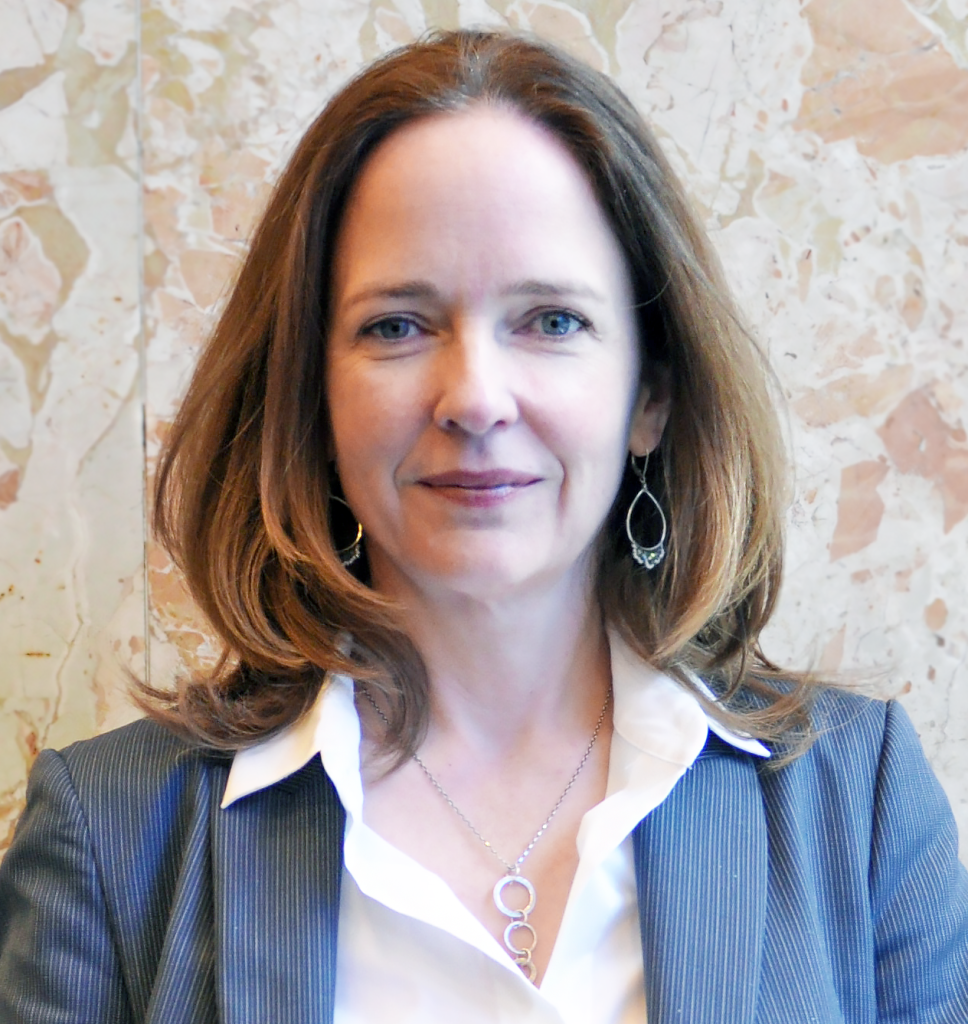Jennifer Gibson named Fellow of The Hastings Center
December 13/2024
As a newly elected Fellow of The Hastings Center, Jennifer Gibson is being recognized as a global leader in bioethics.
By Ishani Nath
Jennifer Gibson was an undergraduate science student when she first heard about The Hastings Center. She remembers reading reports from the Center and recognizing the U.S.-based bioethics research organization as a leading authority in the field. Now, as the Director of the Joint Centre for Bioethics (JCB) and the Sun Life Financial Chair in Bioethics, Gibson is a bioethics authority herself and was recently elected a Fellow of The Hastings Center.

(Photo: Laurie Bulchak)
“It’s very rare that one is assessed by one’s peers to have made a contribution to the field,” says Gibson, an Associate Professor at DLSPH. She says receiving this recognition from The Hastings Center Board of Directors was “deeply, deeply moving.”
The Hastings Center is an independent, nonpartisan, and nonprofit organization that brings together bioethics leaders from across disciplines and backgrounds to inform understanding of ethical issues in health, healthcare, biotechnology, life sciences research and the environment. Fellows include famed surgeon, writer and public health researcher Atul Gawande, NIH Clinical Center’s Chief of Department of Bioethics Christine Grady, U of T Professor Emeritus Peter Singer as well as DLSPH’s Ross E. Upshur, Abdallah Daar and Solomon (Solly) Benatar.
Gibson’s interest in bioethics — a field of study that explores ethically and morally challenging decision making in health care, public health, health research and health systems — began during her undergraduate degree in cellular, molecular and microbial biology. During a zoology course lab, while she and her lab mates were conducting a study involving a white lab rabbit, she noticed that the rabbit began exhibiting pain – the group had lost track of monitoring the anaesthetic.
“This experience stuck with me and continues to haunt me, but it turned my attention to gosh, there’s more going on here than science,” says Gibson. “Science is powerful. It’s fascinating. It fosters this wonder about the way the world is. And yet with it comes responsibility.”
That moment shaped her perspective and curiosity as she pursued graduate, doctoral and postdoctoral studies in philosophy, eventually turning her attention to the way in which health systems grapple with ethical dilemmas. She has since created ethical frameworks and advised government and policy makers on challenges like medical assistance in dying (MAID), priority setting of health resources, pandemic preparedness and response (including the recent COVID-19 pandemic), data governance, and artificial intelligence.
“I’ve never gravitated toward easy problems – I’ve always gravitated toward challenges that called for a lot of collaboration and interdisciplinary work, with an all-hands-on-deck approach,” says Gibson.
Through her work in bioethics, Gibson has collaborated extensively with interdisciplinary teams to grapple with pressing and evolving challenges in health systems. For instance, she has chaired or co-chaired several expert panels provincially and nationally and has been a member of the WHO Expert Group on Ethics and Governance of AI for Health since 2020.
As a Fellow at The Hastings Center, Gibson looks forward to continuing this spirit of collaboration and meeting bioethics colleagues with diverse backgrounds and perspectives around today’s global challenges. She says receiving this recognition from her peers feels like a nudge to take action.
“Bioethics, to me, is a verb more so than it’s a noun,” she says. “So, I’m finding myself asking: what could I do now, over the next phase of my career, to really realize the power of bioethics as a verb to have a positive impact on health and the broader societal challenges we face, and most importantly, to empower the next generation of bioethics leaders to carry this forward and continue this important work?”